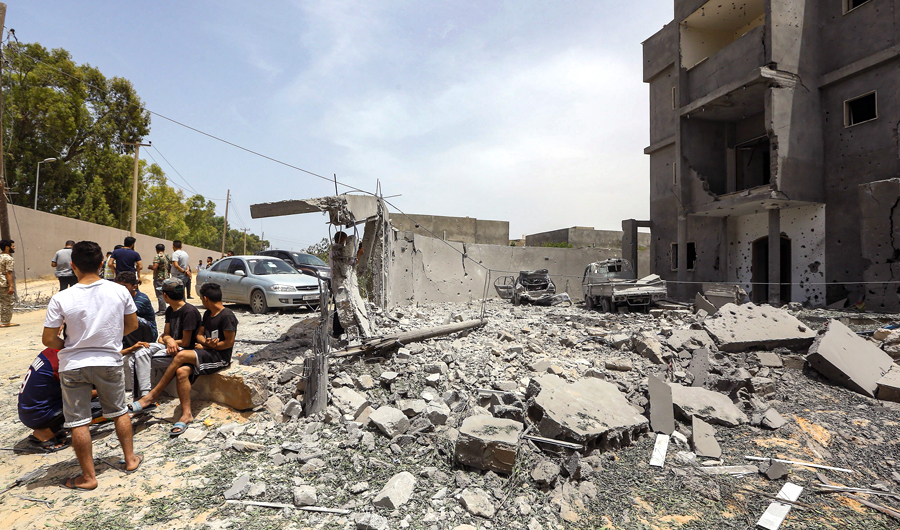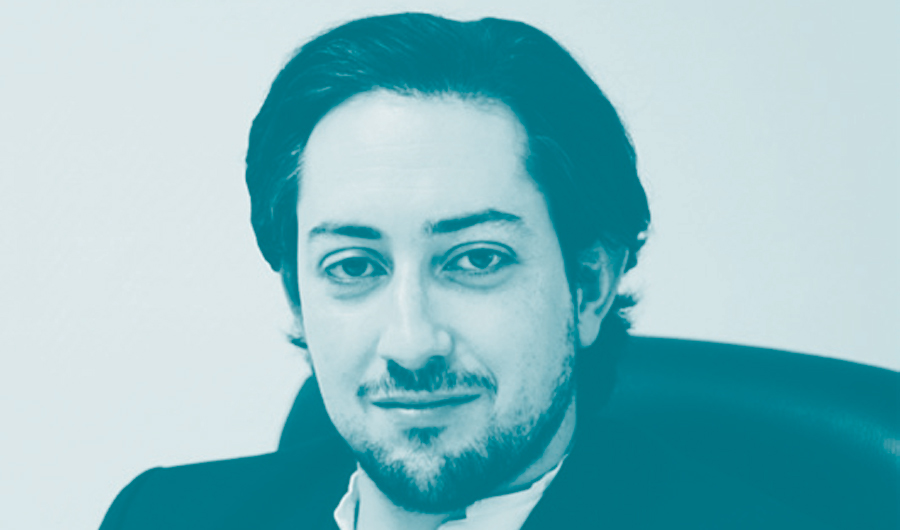Libya air raid destroys warehouse, wounds three, says oil firm
TRIPOLI: Libya’s National Oil Company deplored an air raid that on Tuesday evening destroyed a warehouse operated by a subsidiary and wounded three personnel near Tripoli.
“A warehouse owned by subsidiary Mellitah Oil & Gas Company (MOG) was destroyed by aerial bombardment,” the NOC said in a statement on its website.
“The attack and resulting fire destroyed valuable equipment and materials in addition to the warehouse itself,” it said, adding that three MOG employees had been lightly wounded and taken to hospital.
Tripoli is controlled by forces loyal to the internationally recognized Government of National Accord (GNA), but eastern commander Khalifa Haftar’s Libyan National Army (LNA) launched an offensive against the capital in early April. Images published by the NOC show a building devastated by fire, which was extinguished by fire fighters.
“This is another tragic loss caused by this unnecessary conflict,” said NOC chairman Mustafa Sanalla.
“NOC infrastructure is being destroyed before our eyes. The lives of oil sector workers are continually being put at risk,” he added. The air raid poses a risk to oil production, Sanalla said, vowing to work with local authorities to “ascertain the origin of this unprovoked attack.”
The raid is the fourth attack against installations supported by the NOC since Haftar launched his offensive.
Counter-attacks against the LNA by forces loyal to the GNA have resulted in stalemate on the capital’s southern outskirts.
No side has yet claimed responsibility for the attack against the warehouse owned by MOG, a joint venture between the NOC and Italian energy firm ENI.
But forces loyal to the GNA have blamed Haftar’s forces.
The fighting since early April has killed 653 people, including 41 civilians, and wounded more than 3,500 — of which some 100 are non-combatants — according to the last count by the World Health Organization.
The UN says 94,000 people have fled the combat zones.

Libyan officials say Haftar’s forces fighting Daesh in southUN hears calls to enforce Libya arms embargo





